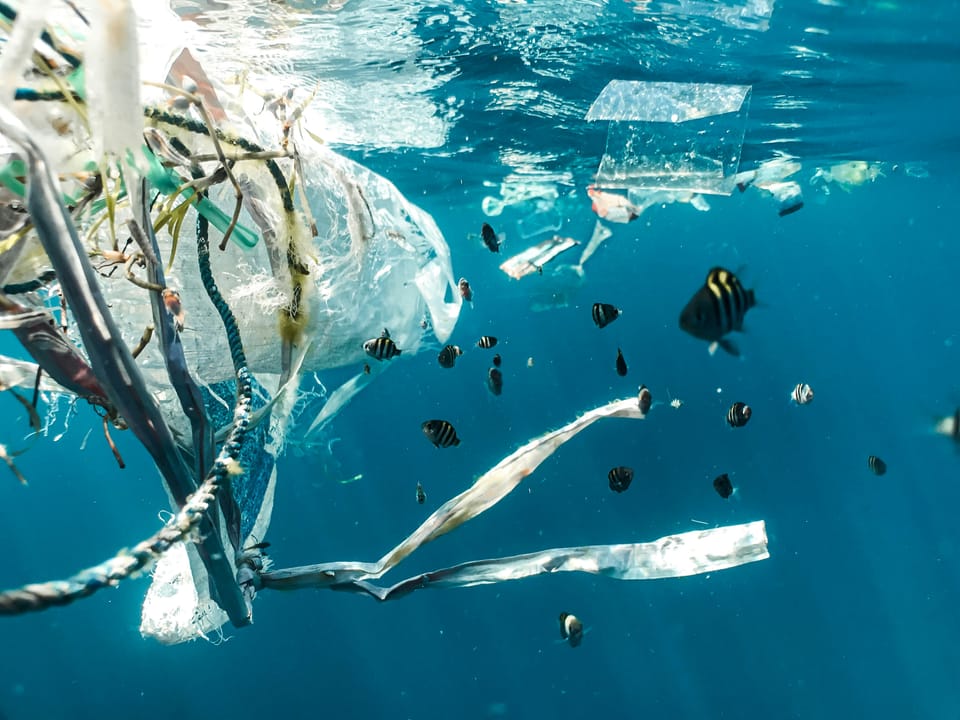Plastic action ‘not keeping pace with ambition’: report
Extended Producer Responsibility (EPR) policies are identified as an indicator of improved overall plastic performance.

An analysis of 225 large companies has found that while most have plastic reduction or recycling goals, a majority are not on track to meet them, with plastic use still increasing in line with business growth.
The 2024 Plastic Promises Scorecard, published by non-profit As You Sow in collaboration with environmental solution platform Ubuntoo, ranked companies’ performance on plastic pollution according to six pillars: recyclability, reduction, recycled content, recovery, reuse, and extended producer responsibility (ERP – a policy that makes producers responsible for the end-of-life of their products).







